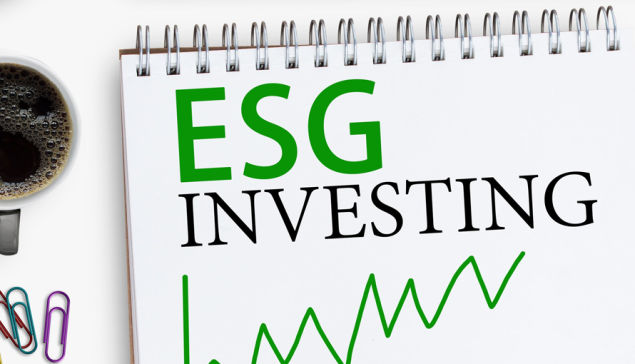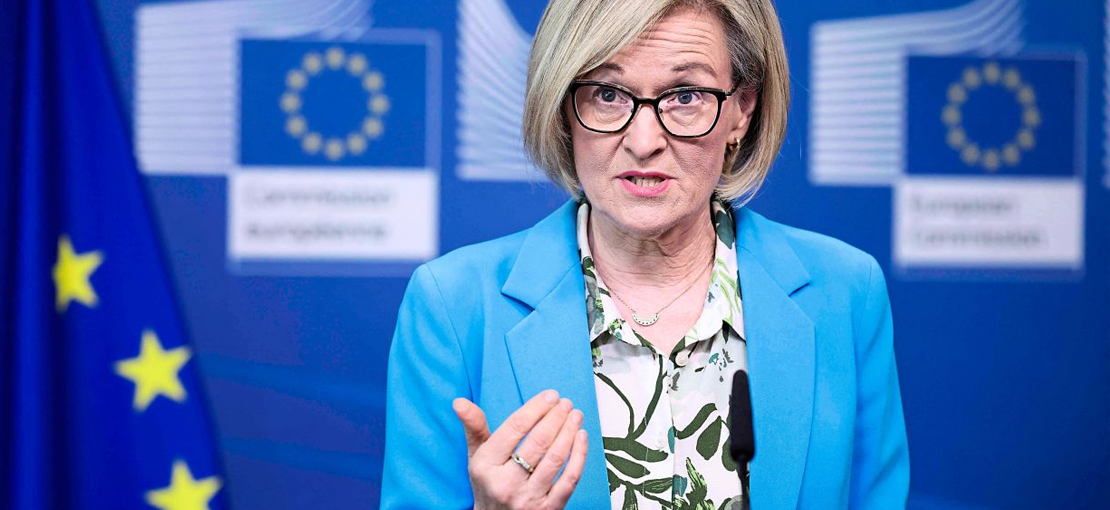a challenge that has gained prominence alongside the escalating demand for ESG-related products. With a resolute commitment to enhancing transparency across the financial markets of the European Union, ESMA's report provides valuable insights into the risks and repercussions tied to the phenomenon of greenwashing.
This initiative holds particular significance in light of the rapid proliferation of environmentally, socially, and governance-focused financial products and markets throughout the EU. The report underscores the imperative need for a robust regulatory framework, accurate representations of sustainability, and the complexities involved in integrating sustainable expertise while generating high-quality data.
Released recently, the 89-page report brings into focus the prevalence of misleading sustainability assertions, commonly known as greenwashing, which can arise both intentionally and unintentionally. These assertions pertain to entities and products operating within or outside the regulatory framework of the EU. The report emphasizes the importance of clarity, addressing the challenges posed by deceptive sustainability claims that could sway investors and potentially lead them astray.
Spike in Greenwashing
ESMA highlights the escalating concern around greenwashing. With a limited pool of genuinely sustainable assets, especially those that align with the rigorous standards of the EU Taxonomy Regulation, market participants are experiencing heightened competition. This dynamic compels entities to enhance their sustainability profiles, occasionally resulting in misleading or partially accurate portrayals.
The European Commission had earlier emphasized the urgency of tackling greenwashing. In May 2022, it issued a "Request for input related to greenwashing risks and the supervision of sustainable finance policies" to the three European financial supervisory authorities. This request aimed to clarify the definition of greenwashing, its manifestations in the financial sector, associated risks, enforcement of sustainable finance policies to counter it, and suggestions for fortifying the regulatory framework.
At the core of ESMA's report lies the objective of deepening the understanding of greenwashing, its potential adverse impacts on EU financial markets and investors, and the identification of vulnerable points within the sustainable investment value chain.
Defining and Assessing Risks
A notable revelation from the report is the identification of three primary roles that market participants can play in relation to greenwashing: initiators, disseminators, or recipients of misleading sustainability claims. The report also accentuates that such deceptive claims can encompass various pivotal aspects of a product or entity's sustainability profile, including ESG governance and resources, ESG strategy, and sustainability impact.
Furthermore, the report dissects the risks linked to greenwashing across diverse sectors, shedding light on unique challenges faced by issuers, investment managers, benchmark producers, and investment service providers.
Rectification and Clarity
ESMA has already taken steps to mitigate these risks by coordinating supervisory endeavors across the EU. The authority has identified "ESG disclosures" as a Union Strategic Supervisory Priority, emphasizing a united effort to ensure consistent implementation of the sustainable finance framework.
Building upon the foundation laid by this progress report, a final report is anticipated in May 2024. This comprehensive report will encompass conclusive recommendations and potential enhancements to the EU regulatory framework.
For more updates on regulatory matters, as well as to explore and compare company ESG Ratings and Sustainability Reports spanning various sectors, please visit our Company ESG Profiles page.








